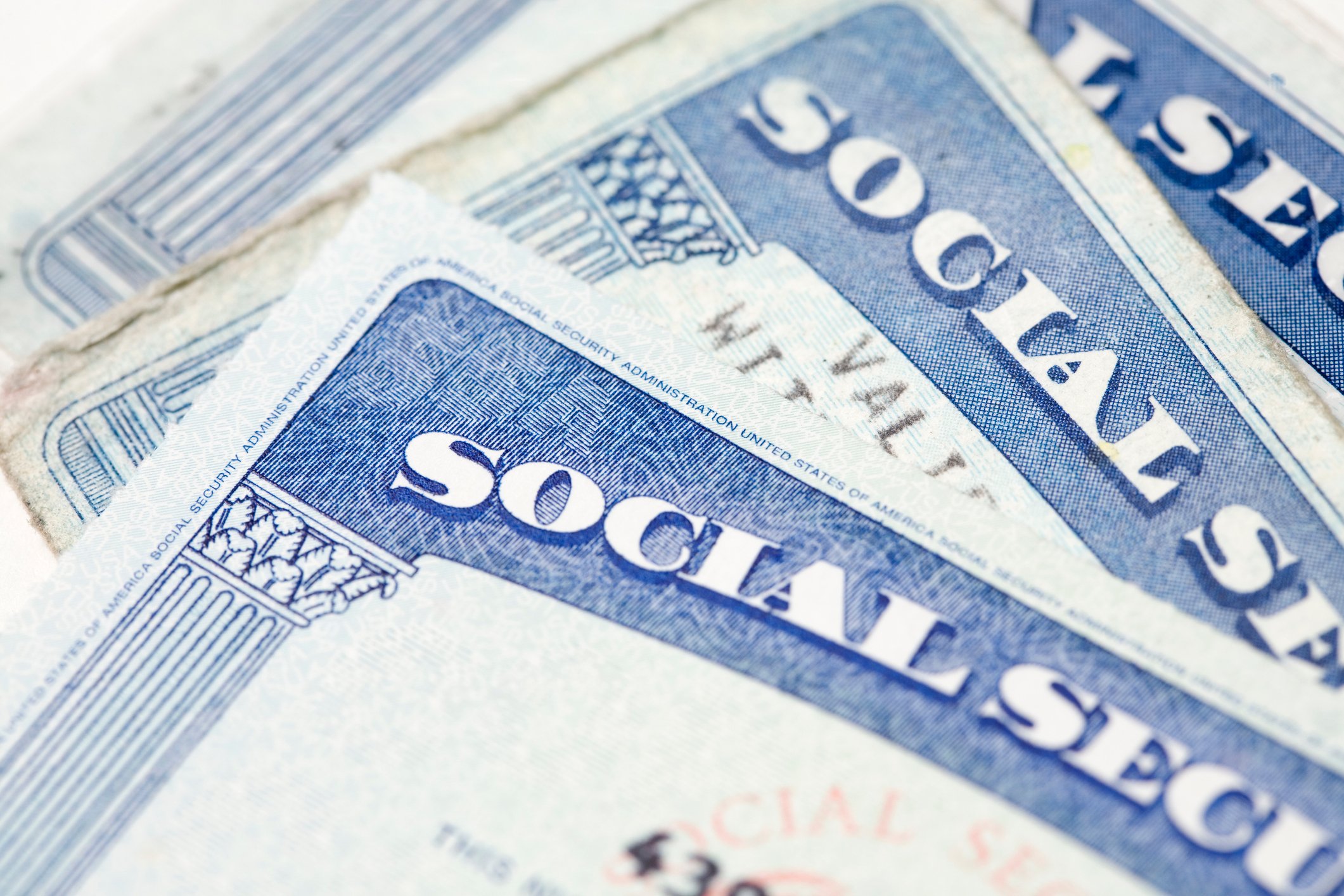Magical as the holidays may be, they're a dangerous time of the year financially. That's because many Americans push themselves to overspend on things like gifts, decor, and travel, thereby putting their finances at risk.
Not only can going overboard during the holidays cause you to rack up expensive, unhealthy credit card debt, but it also can prevent you from meeting other important financial goals. Imagine, for instance, that you spend $1,000 on holiday purchases but haven't yet maxed out your IRA for the year. By using that money for gifts, food, and drink instead of earmarking it for retirement savings, you'll miss out on potential tax breaks and the opportunity to grow it into a larger sum.

IMAGE SOURCE: GETTY IMAGES.
That's why you must proceed with caution in the course of your holiday spending, and thankfully, new data from Principal Financial indicates that most Americans are being pretty careful this year. Only 13% anticipate their holiday spending going up, while 33% say they'll spend less in 2019 than they did in 2018.
But it's not just that consumers are aiming to keep their spending in check -- they're also increasing their chances of success by following a budget. In fact, 56% of Americans are setting a budget for holiday gifts. If you're looking to safeguard your finances, it pays to do the same.
Stop yourself from going overboard
Let's be clear: Just because you have a certain amount of money available doesn't mean you should blow it all on holiday purchases -- not when you don't have a complete emergency fund or your retirement savings could still use a boost. Therefore, figure out how much money you should be spending this year, and then map out a budget that's easy to follow so you stick to that number.
The best way to establish your budget is to set priorities with regard to your various holiday expenses. In the aforementioned survey, more than half of Americans are budgeting for gift-giving, but that's just one spending category of many you'll encounter this season. Figure out what's most important to you -- travel, entertaining, gifts, or something else -- and then list your priorities so you know where to focus your funds.
From there, you'll need to stick to the limit you set within each category. For example, if you have $800 to work with this holiday season, you might allocate $400 for gifts, $200 for hosting, $100 for decor, and $100 for travel if all you really need to cover is the cost of fuel and tolls. What you don't want to do is accidentally spend $500 on gifts because it'll throw the rest of your numbers off. Rather, abide by the limits you start out with, and only tweak them upward if you suddenly come into extra cash (say, a $300 bonus at work you weren't expecting).
Remember, it's nice to buy people gifts and host fabulous parties during the holidays, but your finances shouldn't take a hit in the process. If you stick to a budget and approach the holidays more frugally this year, you may find that you're in a much better position to start 2020 on a fiscally healthy note.





